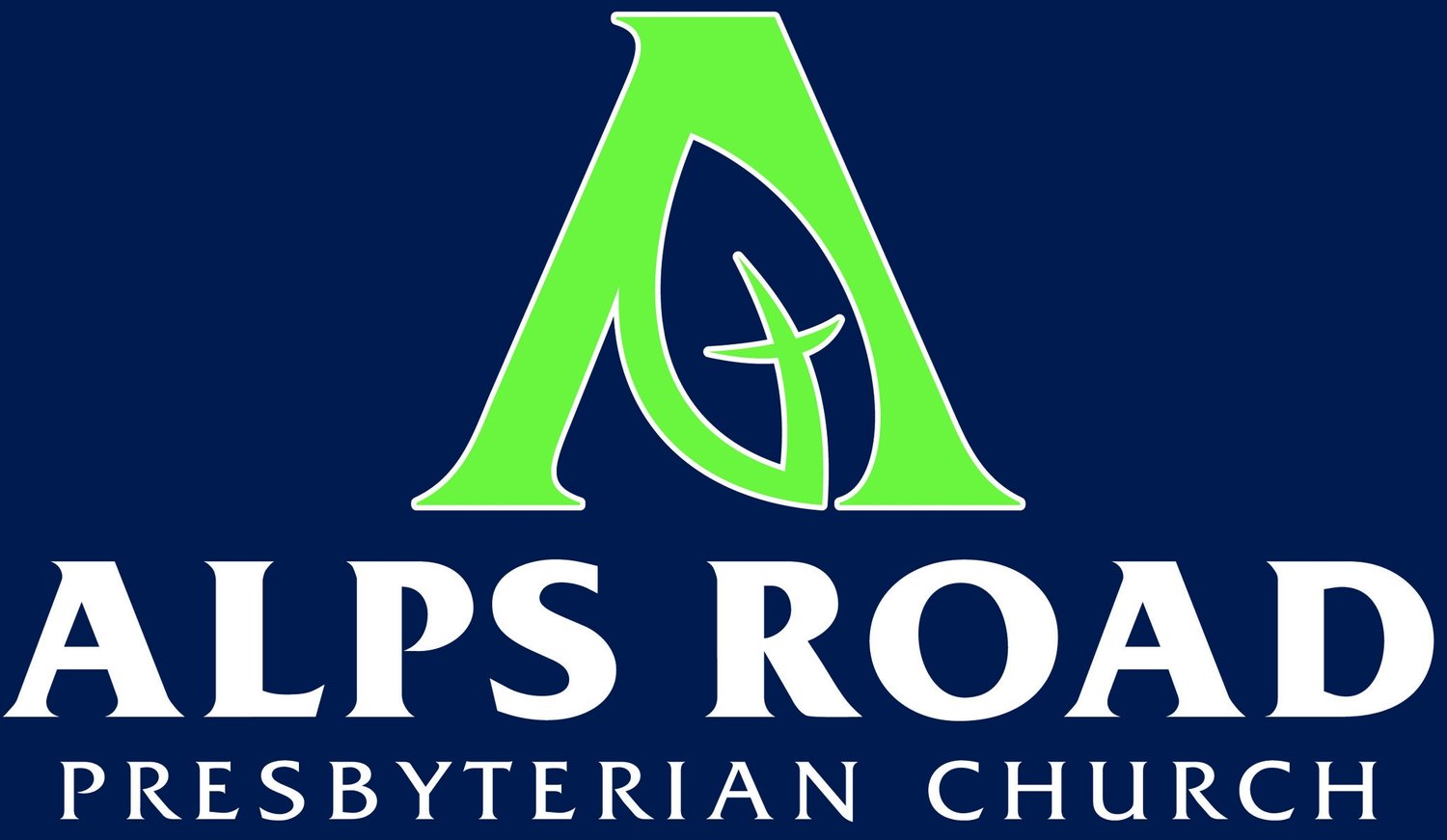Preparation for The Lord’s Supper
“Whoever, therefore, eats the bread or drinks the cup of the Lord in an unworthy manner will be guilty of profaning the body and blood of the Lord. Let a person examine himself, then, and so eat of the bread and drink of the cup.” I Corinthians 11:27, 28
How should we eat the Lord’s Supper? That question might not have been asked had the apostle Paul not discussed it in his first letter to the Corinthians. There was, apparently, a great deal of confusion about how the sacrament was to be celebrated in the life of the early church. In fact, the Supper was not identified as a sacrament at that point. The church knew that Jesus had commanded them to remember him when they broke bread and shared the cup. Exactly how this was to be done, however, was a significant question. We can imagine that Paul was instrumental in helping the church decide how to best remember Christ in this way.
From reading I Corinthians 11, it appears that there was confusion about whether the celebration took place at an actual church dinner or in a special ceremony. Paul notes that some saw it as an occasion for a meal. They ate so much that others went without. They drank so much that they became drunk. Paul responded by saying, “What! Do you not have houses to eat and drink in? Or do you despise the church of God and humiliate those who have nothing?” (I Corinthians 11:22). Paul encouraged people to eat their meal at home. The remembrance of Christ in the church was a different and special remembrance. If there were any who were in need of food, any remaining food could be reserved for them.
Paul saw the need for order in the church and raised the stakes concerning how the Supper was to be celebrated. He noted that if anyone ate the bread and drank the cup in a disrespectful or unworthy manner, that person was guilty of disregarding and profaning Christ’s sacrifice. For that reason, the ceremony must be celebrated in a reverent, orderly, and respectful way. This is an approach that the church would quickly take, making the celebration its own special ceremony that was different from a churchwide meal.
How does the church make sure that people come to the Lord’s Supper in a “worthy manner”? At times, in Reformed churches, there was a practice of “fencing the table.” Particular churches made sure that only church members in good standing were given the Supper. In some instances, people received tokens for being in worship during times leading up to the sacrament. You were required to have a certain number of tokens to be able to receive the elements. In some extreme cases, the preacher would announce at the beginning of the service the names of people who were barred from that particular Lord’s Supper because of some sin or lack of faithfulness. One can imagine that this practice was not always well-received and did not last long.
The Westminster Larger Catechism says that, in preparation for the sacrament, we are to examine and reaffirm our faith in Jesus Christ. We are to repent of our sins and any undue wants that are only for selfish needs. We should ask whether we have been applying ourselves to study, love for others, forgiveness, fervent prayer, and obedience. Where needed, we should repent and ask God for the grace of improvement.
The celebration of the Lord’s Supper is a means of grace. In coming to the table, we commune with Christ, affirm our connection with the family of faith, and remember his sacrifice for our sakes. Let us examine ourselves and come to the table in a reverent, humble, and worthy way.
